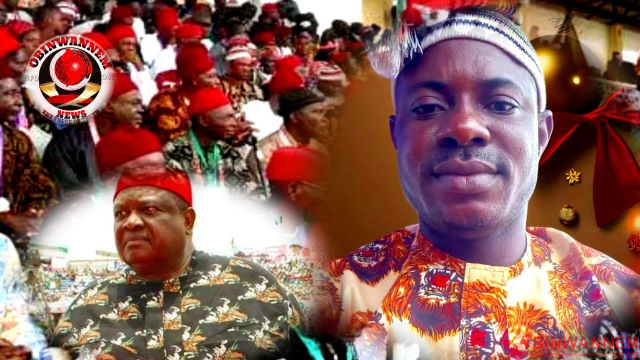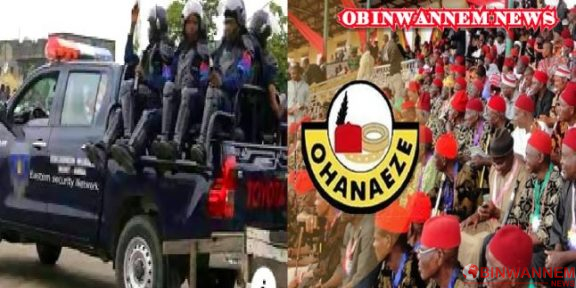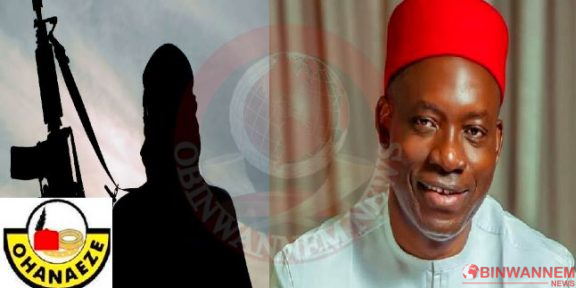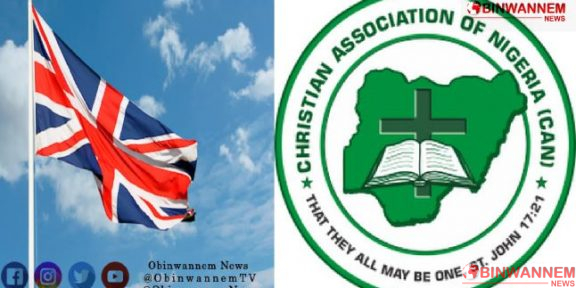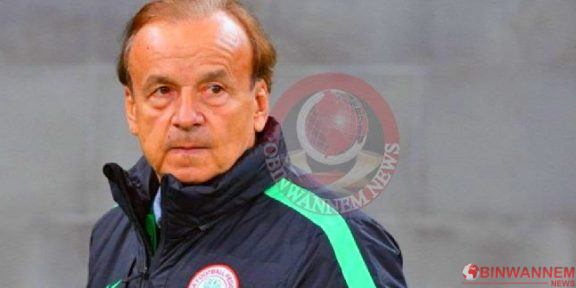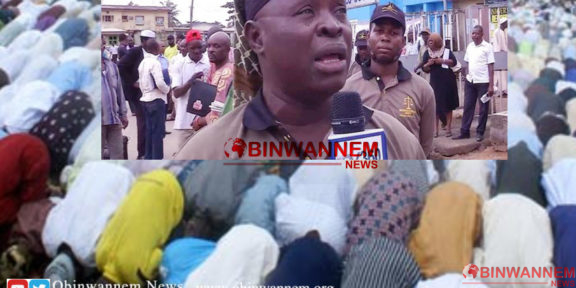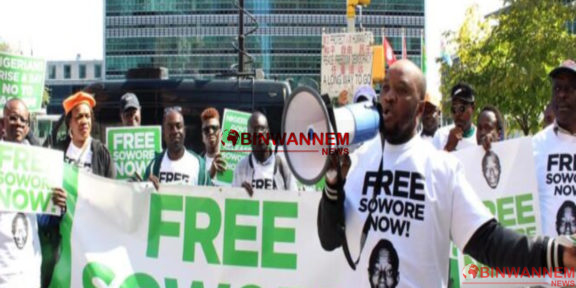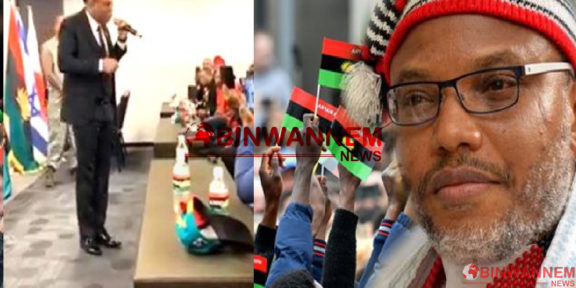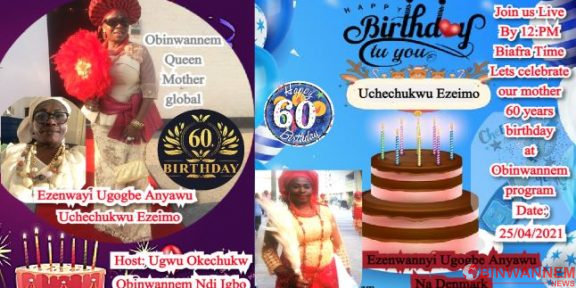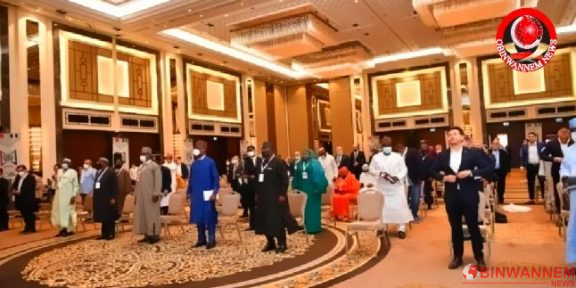The recent statement by Ohanaeze Ndigbo, advising against participation in protests and its lack of support for the agitation for the release of Mazi Nnamdi Kanu, along with their perceived neglect of backing Peter Obi’s candidacy for the 2023 general elections, has sparked considerable controversy and criticism within the Igbo community.
While Ohanaeze Ndigbo’s call for restraint and dialogue may be seen as a pragmatic approach to addressing socio-economic challenges, it has drawn sharp criticism for its perceived failure to align with the aspirations of many Igbo people.
The reluctance to support the agitation for the release of Mazi Nnamdi Kanu, a prominent Igbo leader and proponent of self-determination, has been particularly contentious. Kanu’s detention is viewed by many as a violation of his rights and a reflection of broader injustices faced by the Igbo community.
Furthermore, Ohanaeze’s apparent neglect in endorsing Peter Obi, a highly regarded Igbo politician widely seen as the most qualified candidate for the 2023 general elections, has raised questions about the organization’s commitment to representing the interests of the Igbo people effectively.
Obi’s track record of governance and leadership credentials have earned him widespread acclaim, making him a natural choice for many within the Igbo community. Ohanaeze’s failure to throw its weight behind Obi’s candidacy has been interpreted as a missed opportunity to advance the political aspirations of the Igbo people on a national scale.
Critics argue that Ohanaeze Ndigbo’s cautious approach may inadvertently undermine the legitimate grievances and aspirations of the Igbo community. By refraining from actively supporting key figures and movements advocating for the rights and interests of Igbos, the organization risks alienating itself from a significant portion of its constituency.
In a time of heightened political awareness and activism, there is a growing demand for proactive and assertive leadership within the Igbo community to address pressing issues and champion their cause effectively.
In conclusion, while Ohanaeze Ndigbo plays a crucial role in representing the interests of the Igbo people, its recent stance on critical issues such as the release of Mazi Nnamdi Kanu and support for Peter Obi’s candidacy has generated considerable controversy and criticism.
The organization faces mounting pressure to reassess its approach and adopt a more proactive and inclusive stance that truly reflects the aspirations and concerns of the Igbo people in Nigeria.


